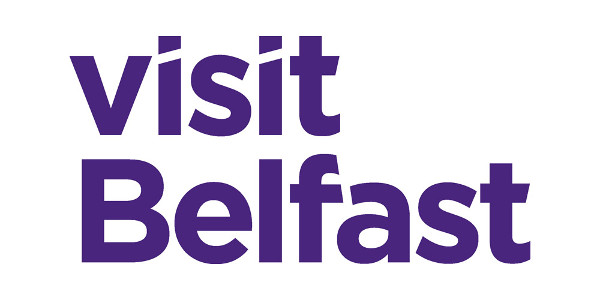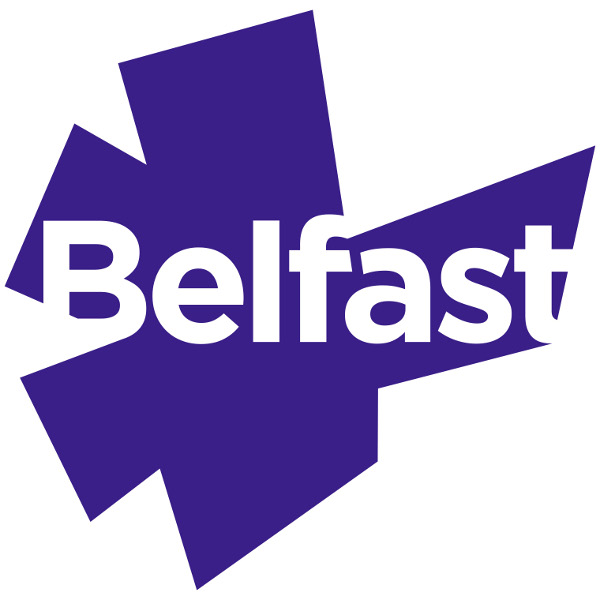Theme
17th EASA Biennial Conference
EASA2022: Transformation, Hope and the
Commons
School of History, Anthropology, Philosophy and Politics at Queen’s University Belfast
26-29 July, 2022
Transformation, Hope and the Commons
EASA2022 in Belfast was a hybrid conference. This meant that delegates chose between in-person (face to face) or virtual (online) participation.
The 17th EASA Biennial Conference focuses on the entanglements of transformation, hope and the commons. The global Covid19 pandemic, and societal responses to it, have transformed the societies in which we live and work. Media and political discourses deploy a rhetoric of rupture, facilitating shifts in governance and bio-politics that mask and widen existing inequalities. Instead of the ‘crisis-thinking’ that abstracts current events from broader and historical continuities, we invite anthropologists to make connections through sustained ethnographic and anthropological inquiry.
We welcome discussions on how transformation is produced, experienced, and negotiated in particular contexts. Modalities of transformation revolve around desired futures, and how we situate hope, collaboration and openness in these spaces. It is about the space ‘in common’ and the uncommon. However, for many peoples across the world, dystopian futures are already being experienced as a violent present. Indigenous peoples have seen their population radically diminished by infections and viruses, and their stories of loss are inseparable from experiences of colonialism, violence, environmental disaster and extractivist capitalism. For peoples seeking asylum and refuge, restricted movement and a sense of limbo are permanent aspects of a protracted temporariness. Unemployment, precarity and lack of access to universal health care are enduring fixtures of a foreseeable future that transcend boundaries and borders of all kinds. At the same time, people are living their lives in alternative ways to those practised in the centres of the capitalist world system. Here it may be possible to find the seeds of imagining and claiming a different future.
The conference aims to investigate these issues through the prism of hope, not as a form of paralysis that holds back our responses, nor as a moment of reflective introspection, but as a creative time-space of extrospection and engagement. The conference is particularly focused on the connections between hope and political projects of (un)commoning. This gives us a way of thinking about political, social, economic, environmental and cultural transformations in the context of the pandemic and beyond. Are there transformations for which we can hope? If so, how can we hope for such transformations? What kinds of transformations should be in-common or what kinds of transformations are best left as uncommon?
The conference will take place in Belfast, a city transformed by complex histories of political conflict, imperialism, economic processes of de-industrialisation, and contested cultural identities. Belfast is also a beacon of hope for peacebuilding, reconciliation, and co-existence, a place of diverse histories of myth, imagination and resistance visualised and painted onto its many walls. Belfast offers participants a distinct site to debate the main conference themes critically, whilst getting a taste of how these are manifested and articulated in the city landscape.
Transformation
Participants are encouraged to think about transformation in the context of austerity, the pandemic, disaster, European (dis)integration, Brexit, bordering, debordering and rebordering, colonisation and decolonisation, climate and environmental crisis, the neoliberal University. Questions to consider include:
- How do identity transformations impact political conflict and/or solidarity in particular contexts?
- How do transformations of value connect to what is considered ‘essential’ in economic, social and political life?
- How useful are contested terms, such as opportunity/resilience/resistance, in capturing the potentialities of hope?
- How can we think of transformations as chronopolitics in contexts which challenge normalities of the everyday, time and hope?
Hope
In the past couple of decades, hope has become central in anthropological debates about (post)crisis, the future, and indeterminacy. On one hand, some anthropological works have celebrated hope as a powerful social condition with the potential for positive change and political transformation in order to counter the current status quo. On the other hand, others have treated hope with hesitation due to its normative deployment of categories regarded as desirable, good or progressive. Participants are invited to discuss:
- To what extent can ethnographically embedded analyses of hope help us go beyond this polarity and produce anthropological critique that avoids categorical thinking?
- Is the language of ‘hope’ colonised by a neoliberal imagination or can it be radically transformative?
- How does cultural production encapsulate and inspire processes of hopefulness?
- What is the role of enactment (in politics, performance, art, everyday life) in articulating hopeful futures?
Commons/Uncommon
We can interpret recent and historical ‘crises’ as processes of ‘uncommoning’, through the loss of property and public space, privatisation of health systems, the financialization of capital, and the commodification of education. Participants are invited to discuss how such processes affect and are countered by acts of commoning, either in the form of political projects or everyday social and cultural enactments. Some questions to consider include:
- What is left in common after socio-economic and political transformations (for instance after the economic crisis, Brexit/Trump, the pandemic etc.) and what do we do in the space of the uncommon? Who wants to remain in this space?
- How is the commons reconfigured in neoliberalism and by the political right?
- Under what circumstances are processes of commoning central in social justice and decolonial movements?· Who is included and who is excluded in the politics of commoning, and to what extent is commoning resisted? Where is this most played out?











